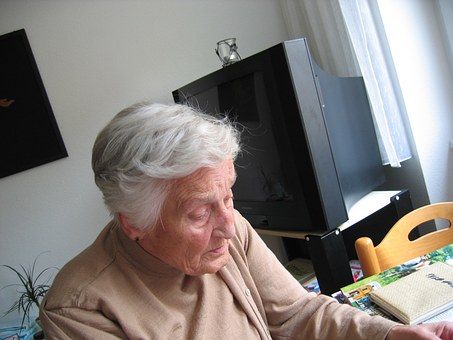What Is the Difference Between Alzheimer’s Disease and Dementia?
Alzheimer’s disease and dementia are related terms, but they refer to different concepts in the field of cognitive impairment and… Read More »What Is the Difference Between Alzheimer’s Disease and Dementia?






